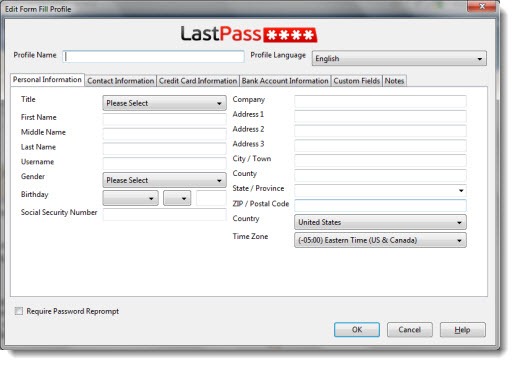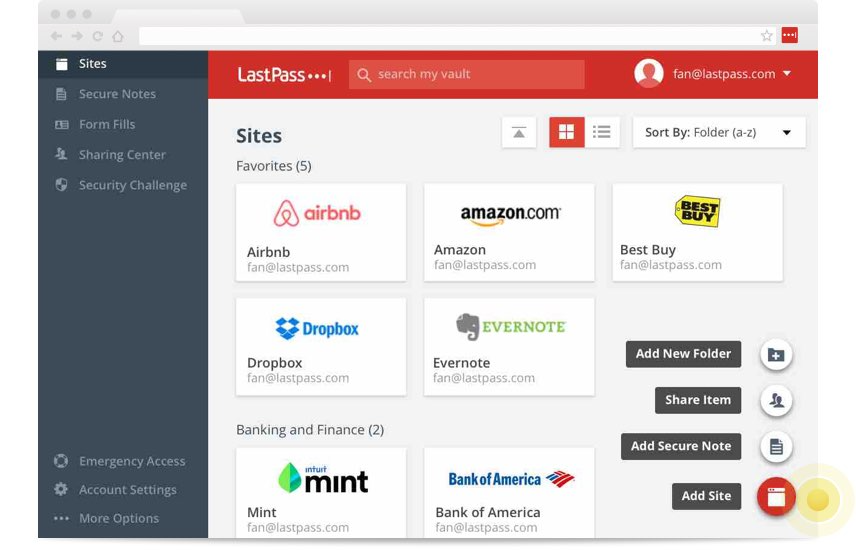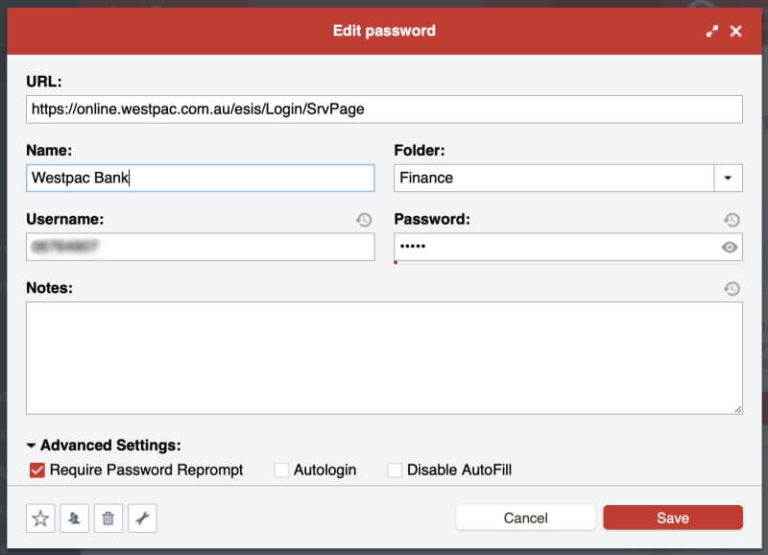

Security: Account data stored in the LastPass “vault” (including your passwords) is encrypted using AES. Where it stores your passwords: LastPass locally (on your own device) encrypts your passwords, and then stores that encrypted data in “the cloud,” a.k.a. somewhere else on the internet.

Many people prefer to use password managers where your passwords never see the internet, while other people find the advantages of cloud storage worth the risk. I hope I’ve convinced you to at least give it some serious thought. If you’re ready to give one a try, today I’ll introduce you one of the many available password managers out there.įor the sake of full disclosure, this one happens to be the one I use, but I encourage you to do your own research and use the password manager that best suits your needs. Maria uses LastPass herself so, when she explains in detail how it works, including advantages and disadvantages, she is writing from firsthand experience:Ī few days ago I wrote my plea to those of you who may still be on the fence about using a password manager.

What follows is not my own work but rather a post I came across from Maria Varzamis on the Sophos Naked Security blog. That’s where password managers come into their own, remembering strong passwords and automatically applying them for you in a secure environment. It’s not too difficult to create strong passwords but it is extremely difficult, if not impossible, to remember them all. If you use a flimsy, easily broken lock your accounts and data are at great risk. Tech writers are always pushing people to start using a password manager, and there are very good reasons for that – not least of which is that a password is the lock on the gate to your accounts and sensitive data.


 0 kommentar(er)
0 kommentar(er)
